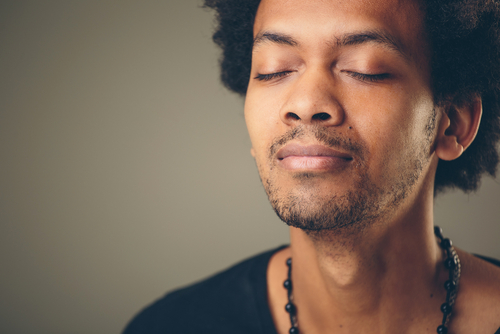Addiction Treatment
What is the Role of Equine Therapy in Rehab?

Written By:

Table of Contents
What is the Role of Equine Therapy in Rehab?
The benefits of equine therapy are emotional, physical, and spiritual. They include improved self-esteem and relaxation, along with enhanced concentration and a sense of spiritual grounding. Horses are key players in the mental rehabilitation of many people around the world. Equine-assisted therapy is an umbrella term encompassing several therapeutic activities, including horses. Find out more about the role of equine therapy in a rehab setting.
What is Equine Therapy
Therapeutic support that uses horses for physical, occupational, speech therapy, and to treat motor and sensory issues is considered equine therapy. Hippotherapy, as it is formally called, was not established until the 1960s. Horses are used to help with mental or behavioral issues along with recovery programs for addiction and many other things. Horses are highly attuned to environmental activity and they are large and powerful, with the potential for allowing people to overcome fear and develop confidence. They put people at ease as they are no-judgmental animals. They’re social animals with their own personalities.
How it Works
Equine-assisted therapy sessions involve a therapist and horse handler, varying based on what the person is using therapy to treat. Generally speaking, experiential psychotherapy is combined with equine-based activities, including choosing, grooming, and walking a horse. People can process and discuss feelings associated with the session following their time with the horse. Studies suggest equine-assisted therapy can decrease anger, depression, dissociation, and aggression. Horse Therapy for AddictionWhen a person seeks equine therapy for addiction, they generally are looking for some ways to build trust and learn to communicate better. The opportunities to learn with horses are myriad, including:
- Receipt of immediate feedback since a horse can sense a person’s feeling and respond right away. They are like a mirror that helps people understand feelings they may not be aware of
- Learning opportunities can be present with the horses to evaluate and modify ways the person interacts with people. The therapist may use the horses as a way to open conversation about issues they are struggling with but cannot articulate
- Trust-building exercises as they learn to trust an animal to be present with them and help them communicate hard feelings and emotions
- Healthy relationships are a cornerstone of learning about oneself in recovery. Horses offer non-judging relationships, which can help a person struggling with negative consequences and support building of confidence and self-esteem
The goal with equine therapy is to help a person learn how to navigate life better on the outside of a rehab facility. While in treatment, they may be exposed to certain things that can trigger thoughts and past events that are traumatic. Horses can help calm a person and ease anxiety and stress while also building rapport for a special relationship that can support a long lasting recovery.
The Last Resort provides a safe, supportive environment for men in a retreat-like setting. Nature is an important component of recovery and healing. We strive to provide a place of enrichment that cultivates the inner as well as the outer journey of recovery. However you find your way to the Last Resort, we endeavor to provide a haven where you can journey through recovery feeling like your life and story have meaning and a purpose. Call us to find out more: 512-750-6750.
